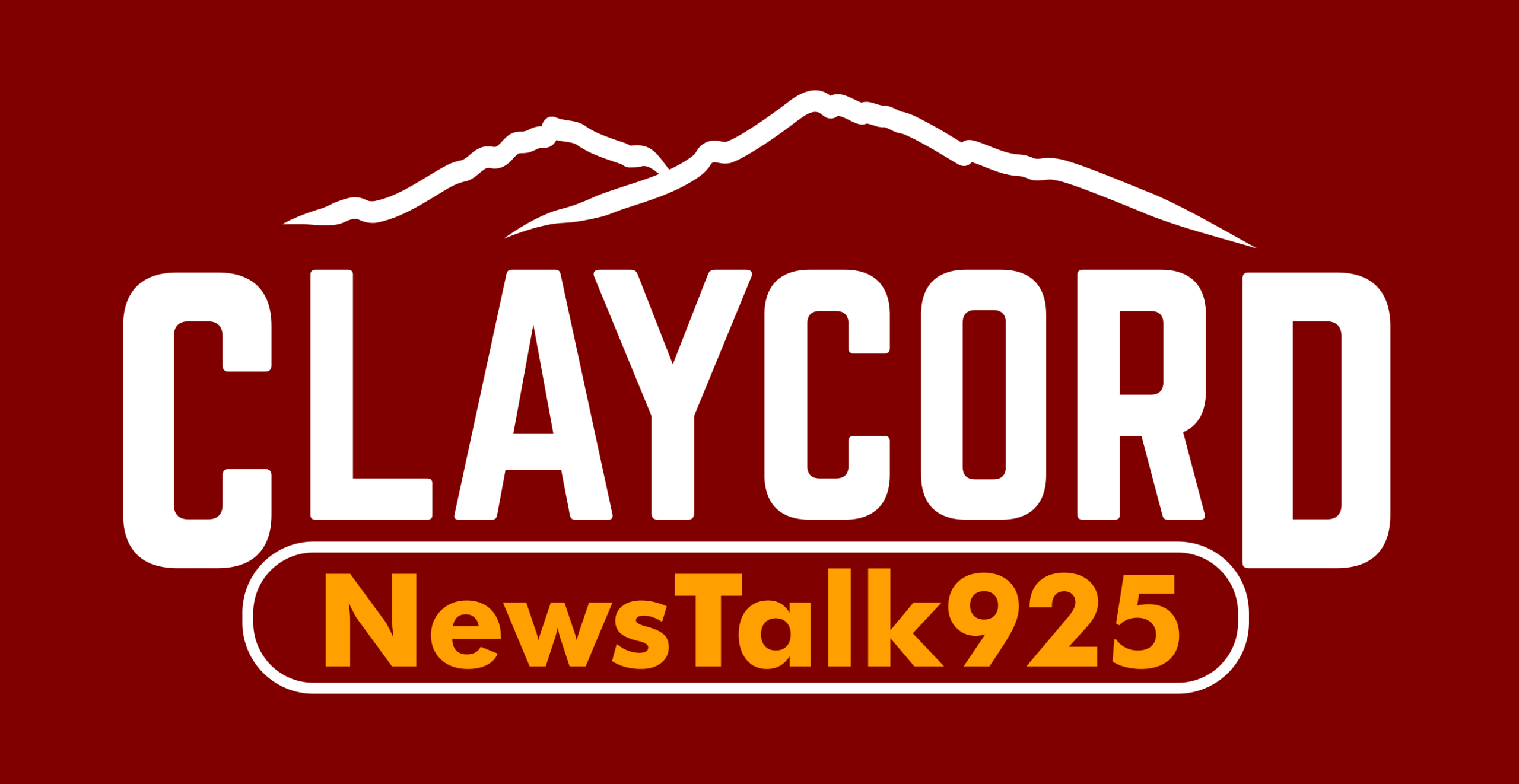by Jana Kadah – One of the silver linings of the pandemic was that more public meetings of local jurisdictions were streamed online, allowing more residents to tune in and participate without having to make time to go in-person.
So, some state legislators are trying to preserve remote access to public meetings post-pandemic through the passing of Assembly Bill 339.
On Wednesday, AB 339, introduced by Assemblymembers Alex Lee, D-San Jose, and Cristina Garcia, D-Bell Gardens, passed through the Assembly Committee on Local Government but notable opposition forced significant compromises.
The legislation originally called on all local entities like city councils, school boards and county board of supervisors meetings ensure call-in and internet-based options via Zoom, for example, for all public meetings.
It also mandated that meetings have closed captioning and translators/translation services available.
“Having all these tools makes meetings and participation a lot more accessible, and that’s the whole goal of the bill,” Lee said.
He noted that it would allow a working parent, for example, to call in to make a 30-second comment instead of waiting in meeting chambers for five hours on a Tuesday afternoon.
It would also allow non-English speakers or those who are hearing-impaired be able to participate and engage as well.
Lee pointed to Santa Clara Unified School District board member Bonnie Lieberman’s testimony at the committee meeting on Wednesday.
“Participants changed from a dozen people in-person to like 100 to 200 tuning in live and then like 800 people watching afterwards,” Lee said. “So, she can see that it is resulting in more positive engagement and it’s something people want.”
But opposition forced Lee and his co-authors Asemblymembers Robert Rivas, D-Hollister, Joaquin Arambula, D-Fresno, and Ken Cooley, D-Rancho Cordova, to make major compromises.
“We reduced its scope, we reduced the language requirements, we reduced some of the technological requirements too, and we’ve even given some more deference to how locals can conduct meetings,” Lee said. “We tried everything, and yet you know they’re all just, I think almost inherently opposed.”
The opposition came from the League of California Cities — an association of the state’s cities that represents almost all 482 cities — and other groups like Santa Barbara County, the Association of California Health Care Districts, and the Community College League of California.
A coalition of public, private and education organizations wrote a letter to the assembly stating that cost was the major concern.
The letter reads, “Imposing these mandated costs on local agencies under particularly challenging fiscal circumstances coupled with the overwhelming practical challenges associated with implementing such a measure makes us deeply concerned about local public agencies’ ability to effectively conduct the people’s business.”
The letter also noted that imposing such mandates fails to provide flexibility to local entities to manage their own affairs, puts local agencies at security risks and allows for more frequent disruptions of meetings, a term known as Zoom-bombing.
The opposed coalition also said these new mandates could put local jurisdictions at risk of lawsuits and Brown Act violations if, for example, technological mishaps got in the way.
“For example, what happens if either the teleconferencing service or the internet-based option aren’t available or if service disruptions occur during a meeting (whether through the service itself, or the internet service or telephone service provider)?,” the letter reads. “It is our understanding if this bill passed, local public agencies would not be able to conduct Brown Act-compliant meetings.”
But to Lee, those concerns are not strong enough to justify opposition to what he says is the “democratization in the 21st century.”
“I mean they always argue about costs and all that stuff and it’s like, but it’s the cost of doing a democratic business right,” Lee said. “And in the in the long run, we set it up and it’ll be fine.”
Lee said with translation services, closed captioning and costs of internet-based options, it could cost a local entity about $100,000. While that is a hefty bill, it’s a one-time investment that could increase transparency and accessibility for decades, he said.
And in terms of Zoom-bombing, Lee said it was much easier to control than if a protest broke out in a city hall or if someone went on a racist tirade in person.
Regardless, Lee said compromise was essential so that it “will at least give us a foothold into modernizing and democratizing public meetings.”
So, what does the bill entail now?
Ensuring remote participation to meetings is only required for local jurisdictions with populations of more than 25,000. There are no language translation or closed captioning requirements, and the bill has a sunset clause that will make requirements obsolete in 2023.
That means only 26 counties and 15 cities will have to abide by this law, if passed. For reference, California has 58 counties and 482 cities.
“And it is still an uphill battle from here,” Lee said.
The next vote will be held at the Appropriations Committee. If passed there, it will then go to the entire Assembly for a vote.


So obvious that they want to mandate a Marxist view into the meetings of conservative leaning councils
They want to control the information space
They want to shutdown local autonomy
They want to hide behind their computer screens
They are cowards
The people on the MDUSD school board don’t want 800 people to watch Trustee Nzewi sit for the Pledge of Allegiance with her mouth shut. They don’t want you to see her turn off her camera when the pledge starts and then back on when everybody is seated. They don’t want you to see how they completely abandon the kids to feed their wokeness.
They don’t want you to see that you voted for them based in what they SAID they’d do, and then do the opposite.
Elected officials DO NOT WANT transparency and sunlight. Make it hard for people to come to the offices to attend a meeting, then they can make their decisions with very little scrutiny and lie about what they’ve done.
She is the worst. This sad excuse for a board member needs to go. Morons out there voted for her color and not on anything positive she brought to the table. That being said, none of the other board members are worth anything either.
The politicians need to see the people.
The people need to see their representatives and be able to take them to task if such action should prove appropriate.
Hiding behind a computer screen shows a lack of conviction.
Cowards, as someone else stated.
Sellers of outdated vegetables should be allowed to sell their products on meeting nights.
We can’t expect every city to have 13 translators provided at public expense. So, I support the removal of the language requirement. It may not be “official,” but the standard language and lingua franca of America is English. If they want to participate they should learn English like everyone else has done for centuries.